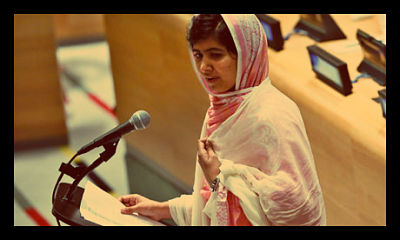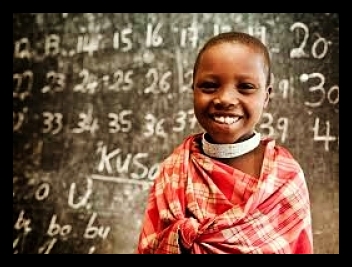 In many developing countries, like Pakistan, education for girls is not a primary objective. The schools in these countries are often of poor quality. Consequently, many girls drop out during their elementary level school years, to help support their families.
In many developing countries, like Pakistan, education for girls is not a primary objective. The schools in these countries are often of poor quality. Consequently, many girls drop out during their elementary level school years, to help support their families.
When attending school does not necessarily guarantee learning, parents would rather have their children—especially girls—stay home to help the family.
The quality of Pakistan’s education stems from the country’s poverty. Currently, measures are being taken in Pakistan to promote higher quality education that is accessible .
Khadim Hussain, an Echidna Global Scholar, founded Grace Association and has been working to develop Community School Networks (CSN). Over the last two years, the organization has been working to train local leaders to make a difference and improve the quality of education throughout the country for girls. The organization focuses on the importance of “the family, community, and the economy in the education of youth, and the core values of social justice, equity, and democracy in the design and implementation of educational programs.”
While Hussain tackles the issue of the quality education, Malala Yousafszai works to change social ideologies regarding women and the right to an education. Malala, who fought for improved education and subsequently suffered a Taliban attack in October 2012 with two other friends for her culturally extreme ideas of equal education for girls in Pakistan, acts as a symbol of bravery and wisdom for the movement. On Dec. 10, 2014, she was honored as the youngest to ever receive a Nobel Peace Prize for her courageous actions and words.
With the help of Malala and Hussain, education for girls in Pakistan is improving. Malala will continue to fight for what she believes to expand the opportunities for girls across the country. The friends of Malala continue to fight as well, saying “when you are educated, you are able to do everything. If you are not educated, you can’t do anything.”
– Erin Coughlin
Sources: Brookings, Education Innovations, WKYT
Photo: Flickr


